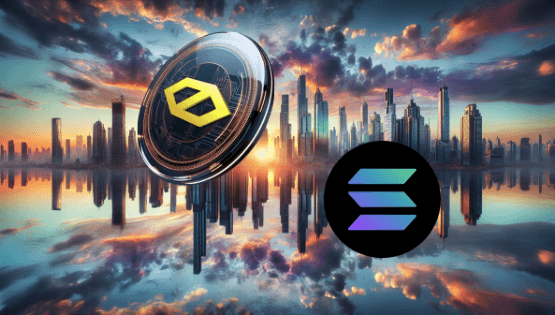ARTICLE AD
By removing the sign-up barrier, OpenAI is opening the door for even more individuals to make use of the capabilities of this AI tool.
OpenAI has announced that its popular language model, ChatGPT, can now be used without the need for signing up. This decision aligns with the company’s core mission of enabling people worldwide to experience the transformative benefits of AI technology.
ChatGPT, a large language model trained by OpenAI, has already amassed a user base of over 100 million people across 185 countries who rely on it weekly for a diverse range of tasks, including learning, creative inspiration, and finding answers to their queries. By removing the sign-up barrier, OpenAI is opening the door for even more individuals to make use of the capabilities of this AI tool.
In a statement released on their blog page, OpenAI emphasized its commitment to making AI accessible to anyone curious about its potential. The company declared:
“It’s core to our mission to make tools like ChatGPT broadly available so that people can experience the benefits of AI.”
However, this move towards greater accessibility comes with a caveat. OpenAI reserves the right to use the data provided to ChatGPT by users to improve its models for the benefit of everyone. Users who prefer to opt-out of this data collection can do so through their settings, regardless of whether they create an account or not.
To address potential concerns around content moderation and safety, OpenAI has introduced additional safeguards for this open experience. These measures include blocking prompts and generations in a wider range of categories, ensuring a more controlled and responsible use of the technology.
While the no-sign-up option allows users to ask ChatGPT about anything, those who wish to save and review their chat history, share conversations, or unlock advanced features like voice conversations and custom instructions will still need to create an OpenAI account.
Concerns and Skepticism: Preventing Abuse and Ensuring Sustainability
Simon Willison, the co-creator of Django, a popular web framework, shared his thoughts on the new development on X. He expressed curiosity about how OpenAI plans to prevent abuse of this free access to the GPT-3.5 model. Freedom of access to such a powerful AI tool like GPT-3.5 could potentially attract individuals who might seek to exploit it for their own purposes, such as using it for commercial gain without proper authorization or exceeding fair usage limits. To address this, OpenAI will need to implement robust measures to prevent such abuse and ensure responsible usage of its technology.
Similarly, Max Woolf, a data scientist at BuzzFeed, opined that the move by the tech platform is based on the idea of wanting to attract users and preventing them from using competing AI services. He further expressed skepticism about the sustainability of this approach, even with optimizations done. His view suggested that the free access model may not be ethically viable in the long run.

 9 months ago
53
9 months ago
53 

